According to the China Coast Guard, vessel 1307 formation conducted patrols within the territorial waters of the Diaoyu Islands, describing the operation as a "lawful patrol operation conducted by the China Coast Guard." This move has been met with concern from Japan, which has maintained that the Senkaku Islands are an integral part of its territory.
"We strongly protest against China's repeated intrusions into our territorial waters," a Japanese government official said, requesting anonymity. "These actions are a clear infringement on Japan's sovereignty and a threat to regional stability."
The Senkaku Islands have been a point of contention between Japan and China for decades, with both countries claiming sovereignty over the islands. The dispute escalated in 2012 when Japan nationalized three of the islands, prompting China to impose economic sanctions on Japanese goods.
The recent patrol by the China Coast Guard comes as tensions between Japan and China continue to rise over Japanese Prime Minister Sanae Takaichi's comments about Taiwan. In a recent speech, Takaichi expressed support for Taiwan's participation in international organizations, which China has viewed as a provocation.
China has issued a travel warning for Japan, advising its citizens to exercise caution when traveling to the country due to the "increasingly complex and sensitive situation" between the two nations. The warning also cited the potential for "conflicts and disputes" between China and Japan over Taiwan.
The situation in the East China Sea has significant implications for regional stability and global trade. The Senkaku Islands are located in a strategic area, with major shipping lanes passing through the waters surrounding the islands. Any escalation of tensions between Japan and China could have far-reaching consequences for the global economy.
In recent years, China has been expanding its military presence in the East China Sea, including the deployment of aircraft carriers and submarines. Japan has responded by strengthening its military presence in the region, including the deployment of its own aircraft carriers and missile defense systems.
The situation remains fluid, with both countries continuing to engage in a war of words over the Senkaku Islands. The international community is closely watching the situation, with many countries urging both Japan and China to exercise restraint and engage in diplomatic efforts to resolve the dispute peacefully.
As the situation continues to unfold, one thing is clear: the dispute over the Senkaku Islands is not just a territorial issue, but a symptom of a broader struggle for influence and power in the Asia-Pacific region. The implications for regional stability and global trade are significant, and the international community will be watching closely to see how the situation develops.
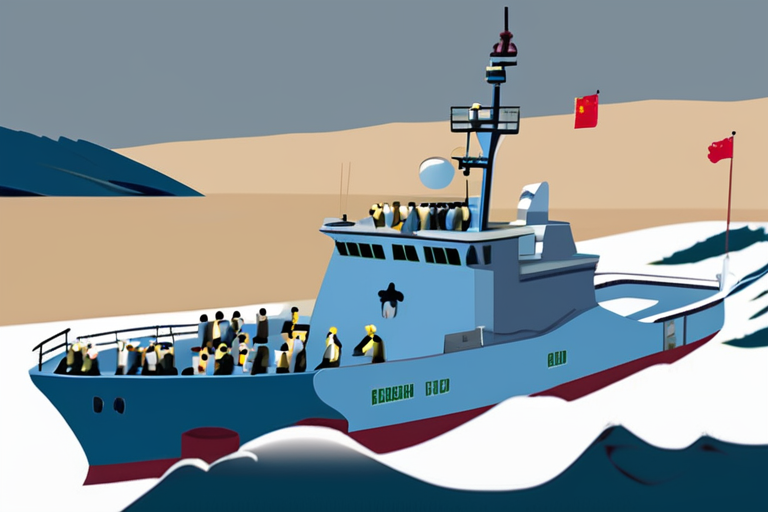


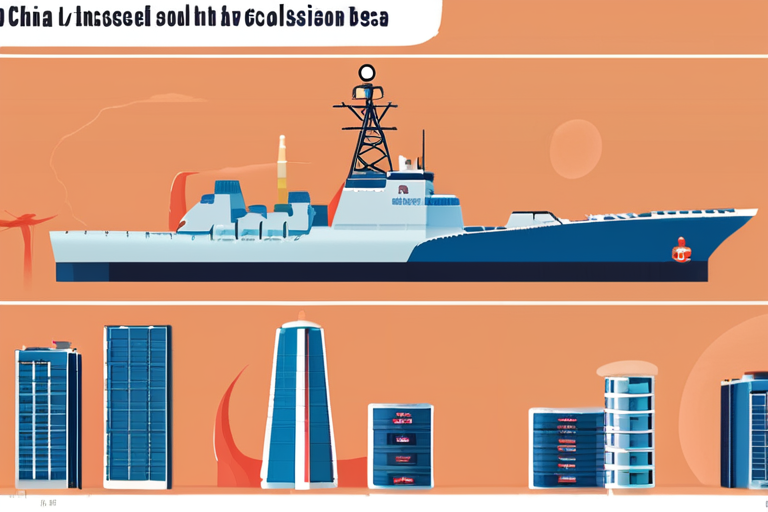
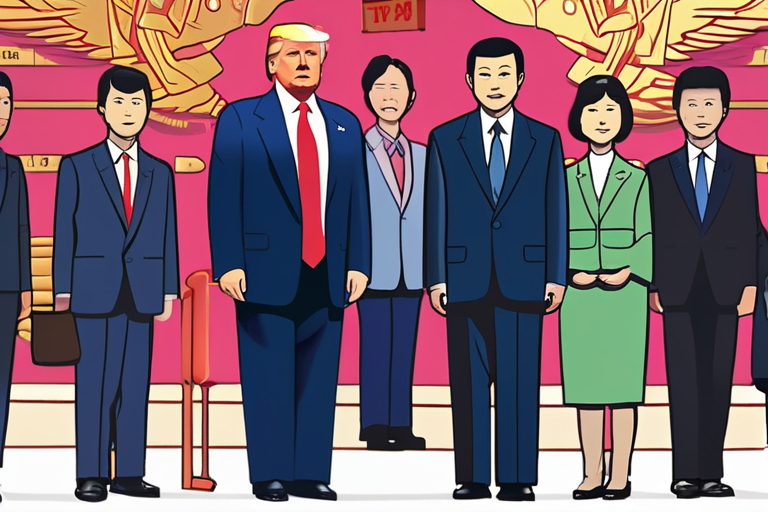
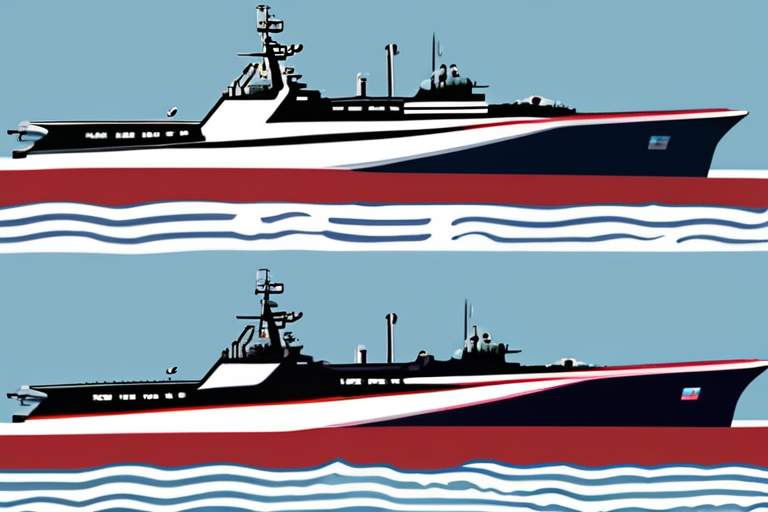
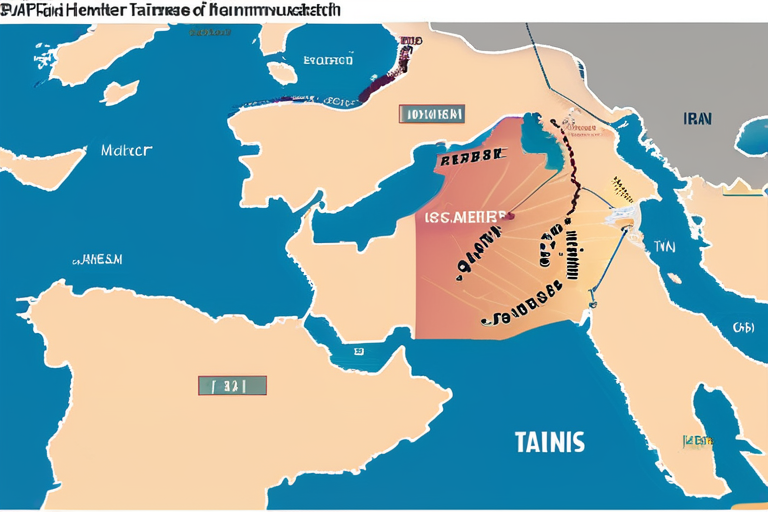

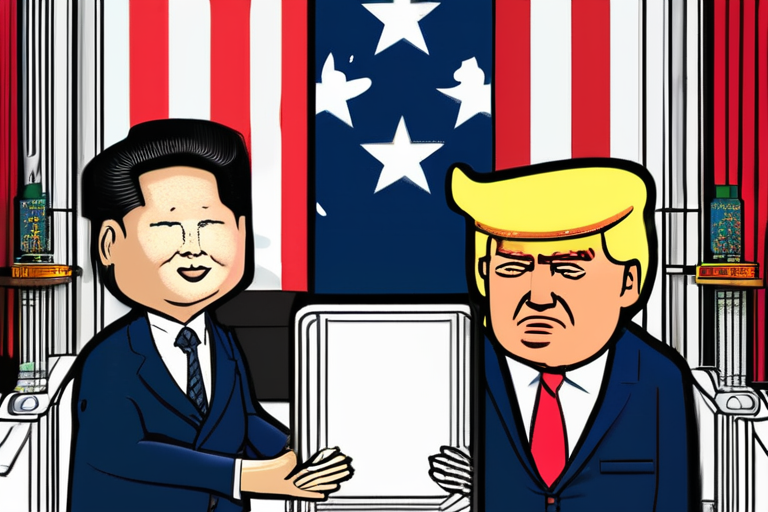
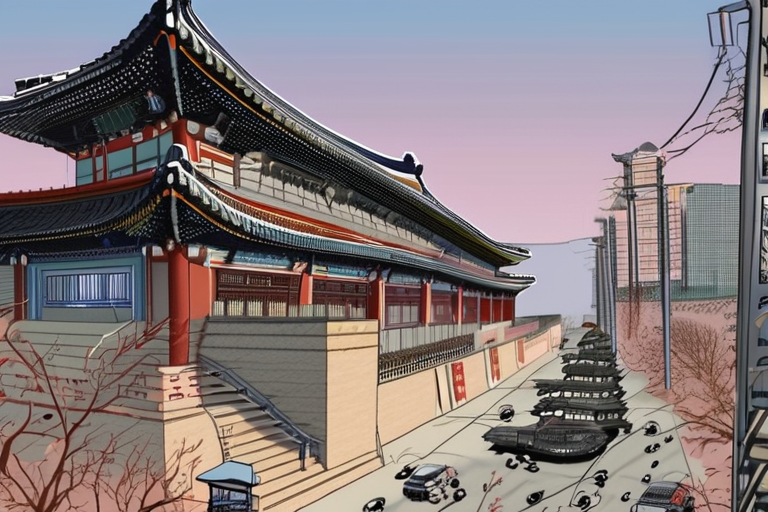

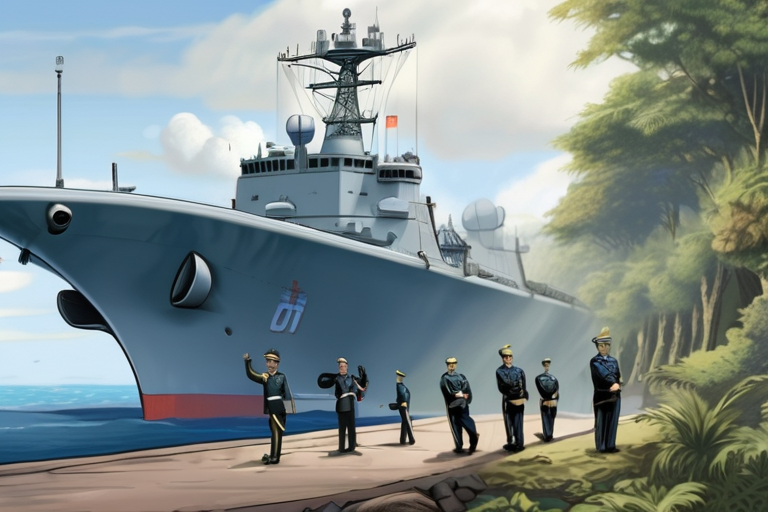

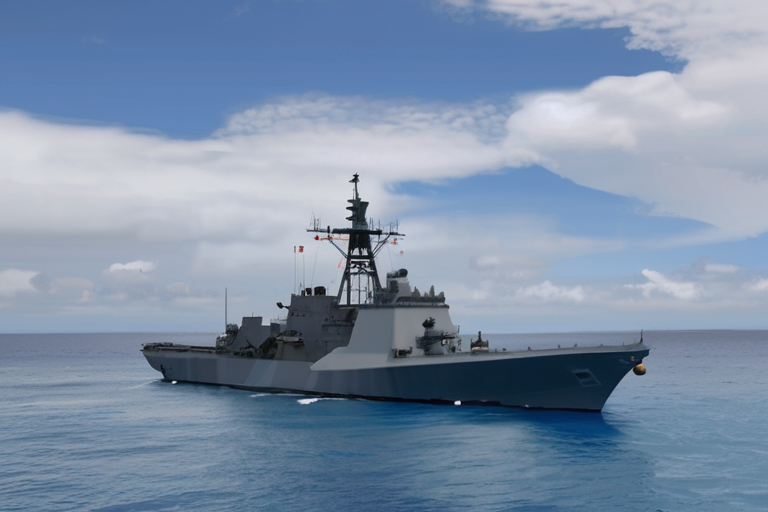


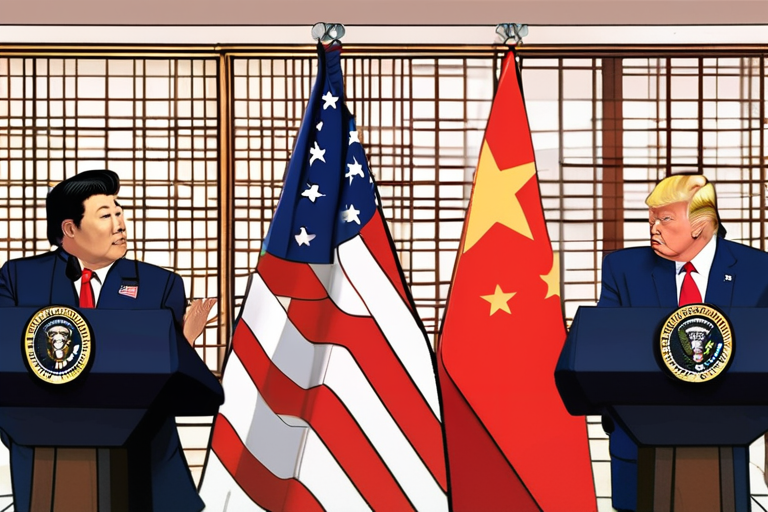
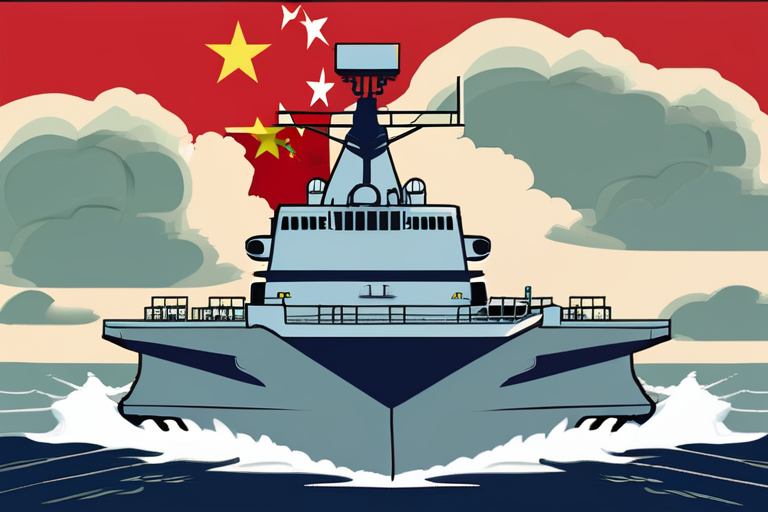
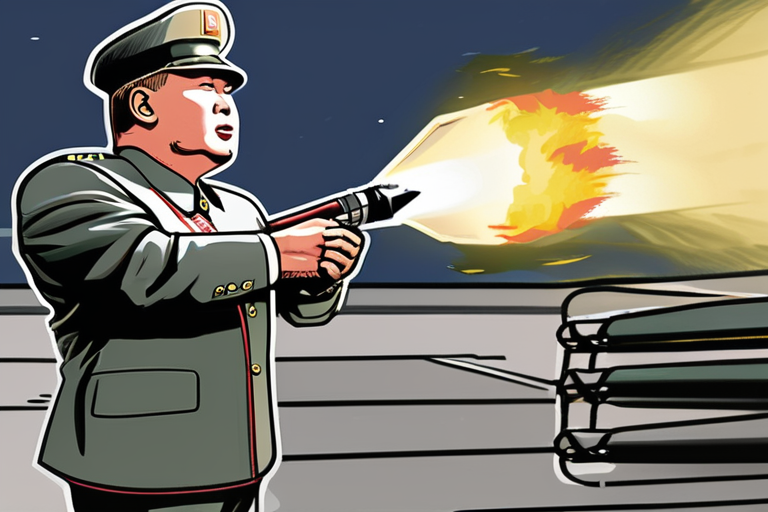
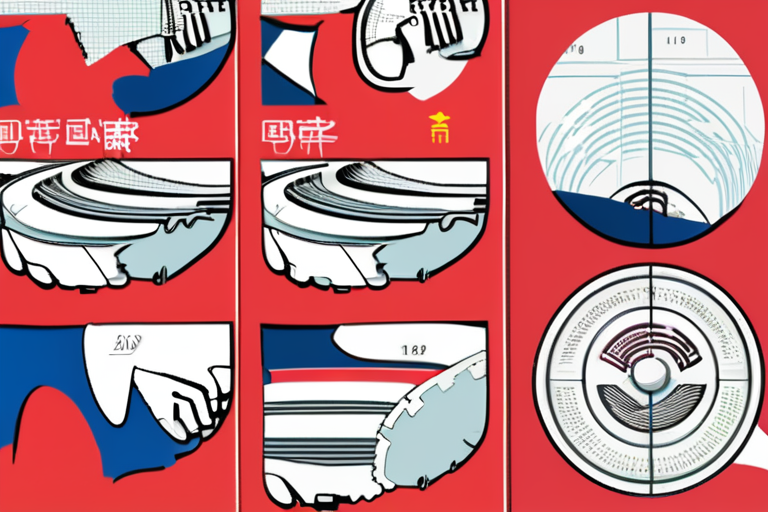

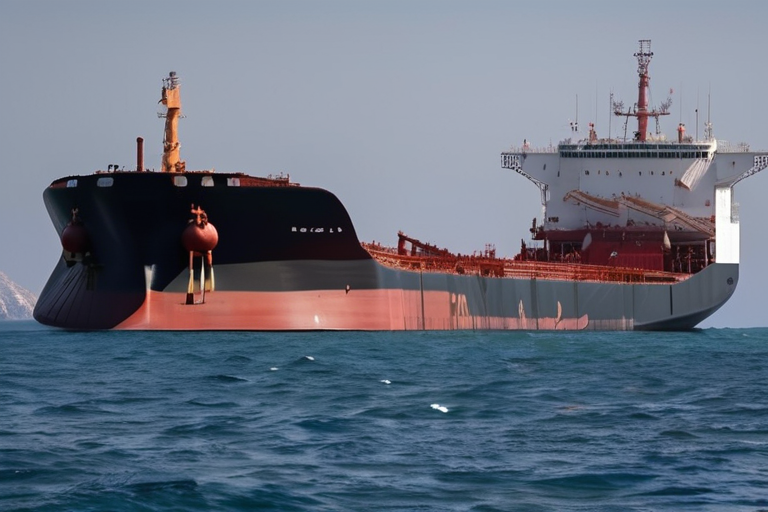
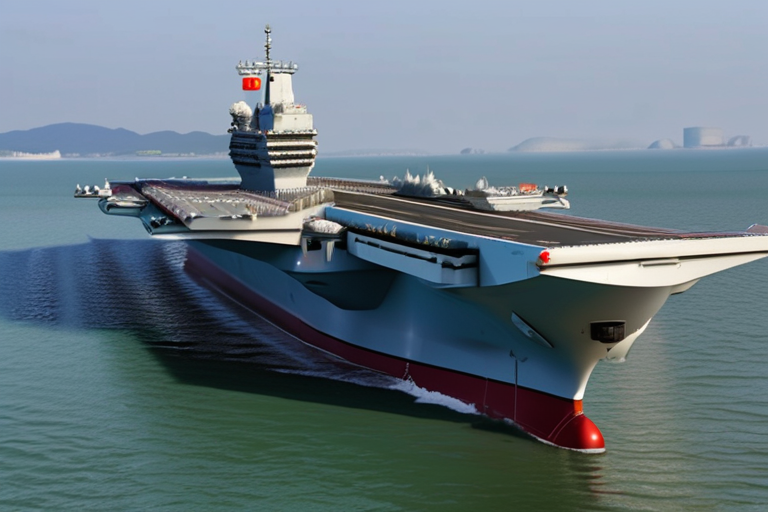
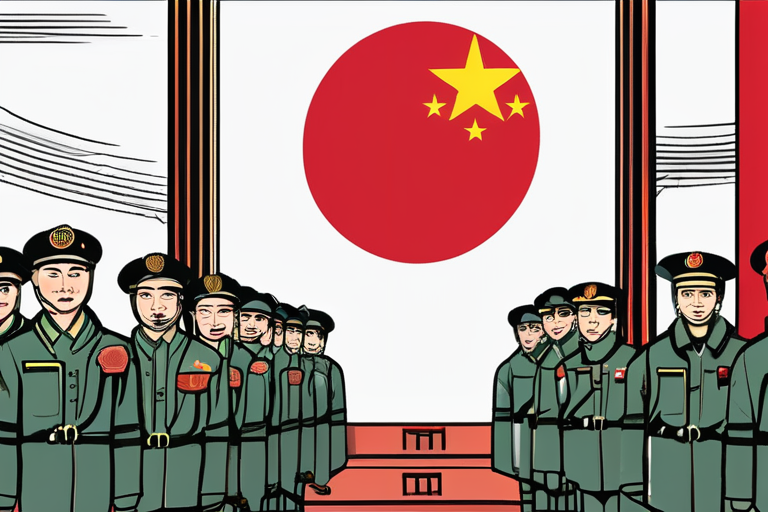

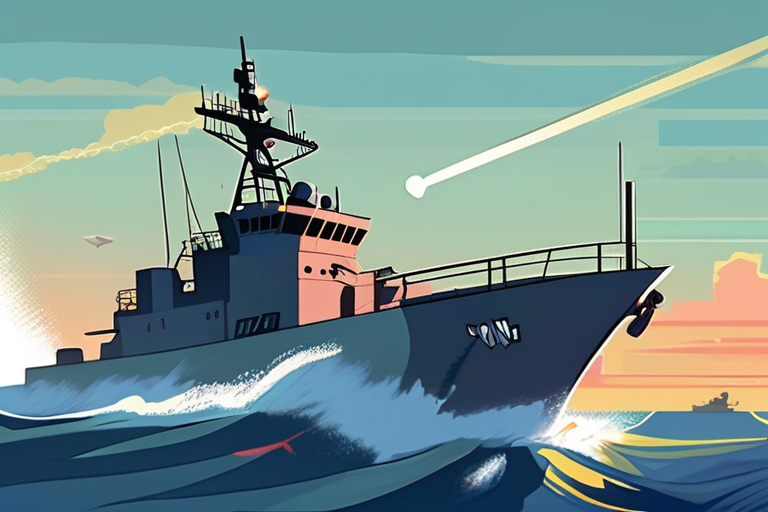
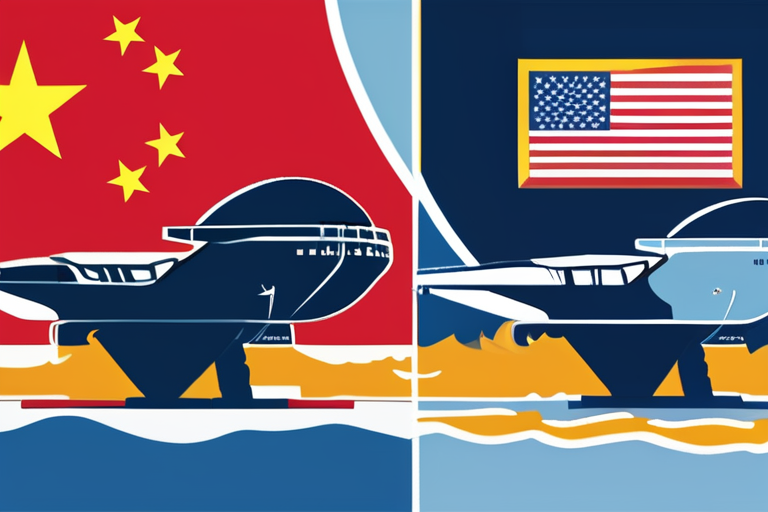
Share & Engage Share
Share this article